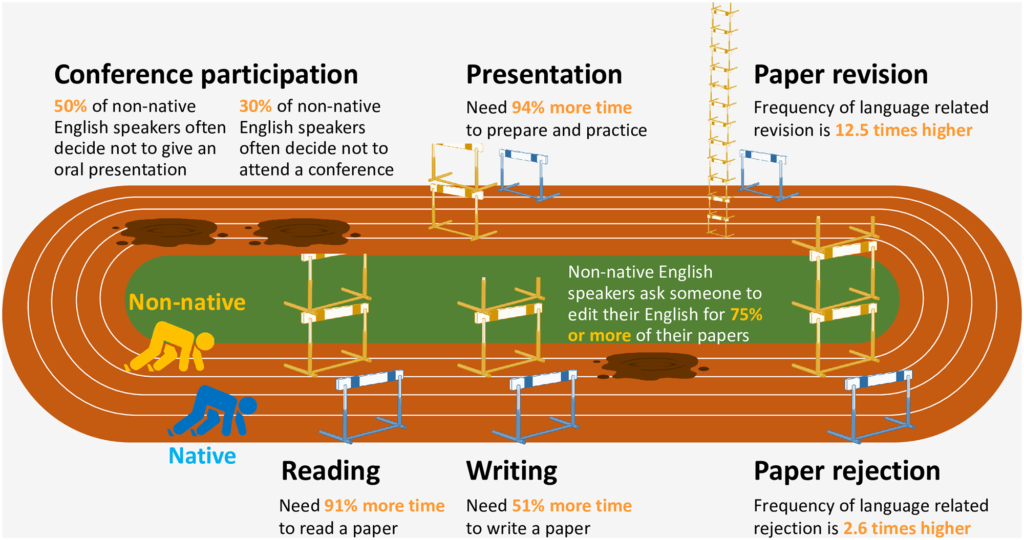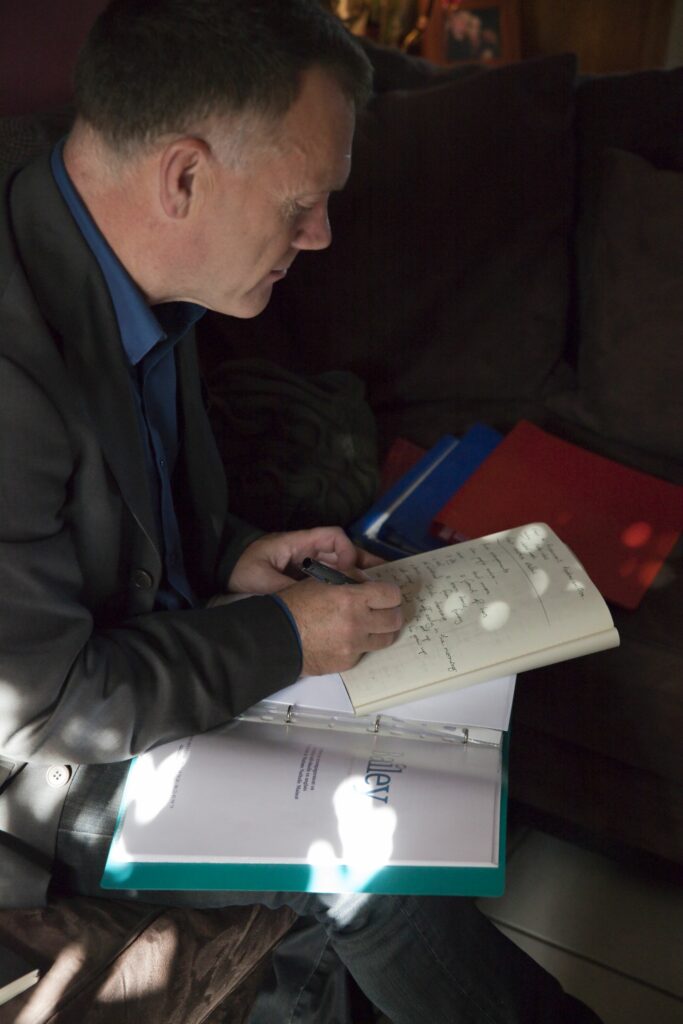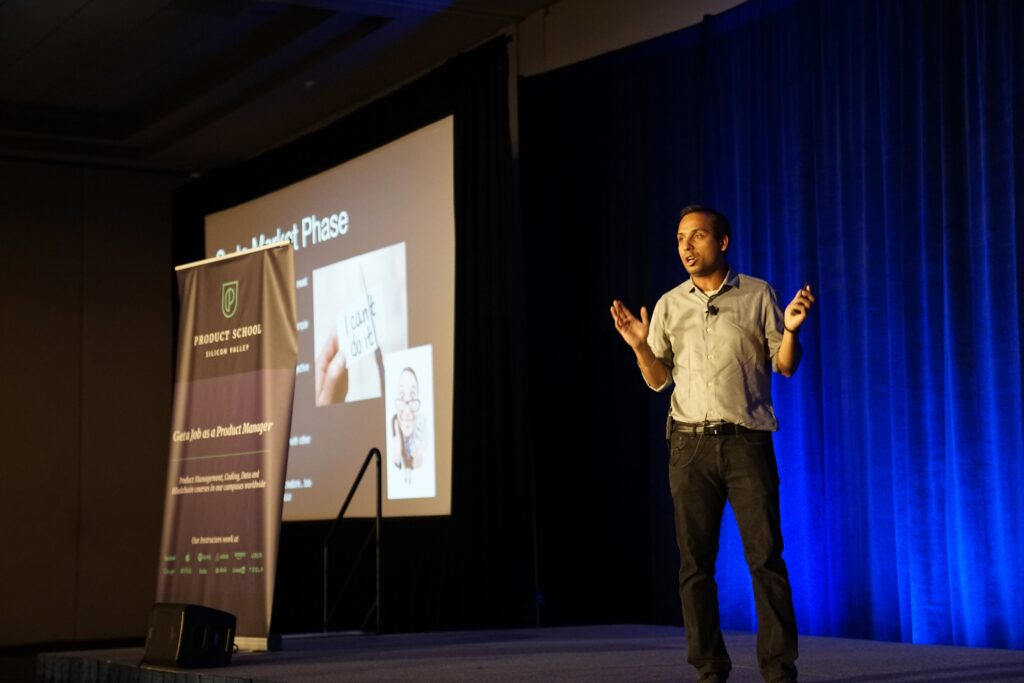
Non-native English speakers have been found to be profoundly disadvantaged in all scientific activities, requiring more time to read English-language papers, write scientific papers in English, and prepare oral presentations in English compared to their native English-speaking peers.
Non-native English speakers also needed extra effort for English proofreading, with a higher frequency of papers being rejected or revised due to language issues.
The study published last week (18/07/23) in the journal PLoS Biology and conducted by a multi-cultural, multilingual team from the University of Queensland, headed by biodiversity researcher Tatsuya Amano, involved an online survey of 908 researchers in environmental sciences, hailing from different linguistic and economic backgrounds.
The study explores the challenges faced by non-native English-speaking scientists, particularly those from disadvantaged communities, in conducting and communicating scientific research in English.
Language barriers have a significant impact on their career development and overall representation in the scientific community.
The nationalities were classified based on English proficiency and income levels, ranging from low to high. The survey focused on five scientific activities: reading scientific papers, writing, publishing, and disseminating scientific articles, and participating in conferences.
Furthermore, the study highlighted that non-native English speakers often resorted to disseminating their research in multiple languages, trying to bridge the language gap. However, language barriers also affected their participation in conferences, with some opting not to attend English-language conferences at all due to lack of confidence in English communication.
The findings underline the inequality in the scientific community and the loss of valuable contributions from non-native English-speaking researchers. As non-native English speakers make up 95% of the world’s population, it is crucial to address these language barriers and foster linguistic diversity in science. Efforts should be made at the institutional and societal levels to provide language-related support and consider these disadvantages when evaluating scientific outcomes.
Overcoming language barriers is essential for promoting diversity and inclusiveness in science and ensuring that talented researchers from disadvantaged backgrounds can fully contribute to scientific advancement.
The study was published... in English!

How can I help you?
If you are one of those in the scientific/medical field who feel at a disadvantage because of your difficulties in English, I can help you in several ways…

Translating and proof-reading your articles for publication
With over thirty years’ experience in translating and proofreading articles for publication, particularly in scientific and medical journals, I can certainly help you get your article ready for publishing.
With each mission I undertake with you as author of an article, you can be sure that I will accompany you all the way to the final publication.
Any corrections or changes required by the journal (reducing the length of the article, switching between US and UK English, additional text…) or for new publications of the same article (e.g., in another journal), will all be undertaken within the initial price quoted, without any further invoicing.
For those who are able to have translation/correction services funded by their institutions, this removes the headache of having to apply multiple times for funding.
Help in preparing your presentations
Over the years, I’ve had requests from medical consultants, surgeons, psychiatrists, psychologists, and psychotherapists, but also from county commissioners, company directors and top management to help them with their various presentations in English.
My contributions range from helping with difficulties in pronunciation and intonation, developing grammar reflexes that help to naturally structure sentences correctly, right through to re-writing the entire presentation so that its elocution is easier for the speaker.



